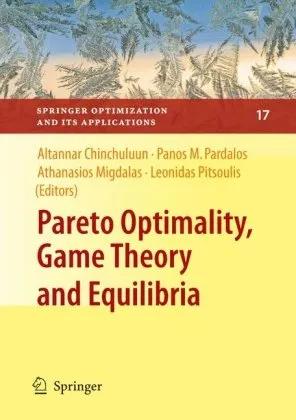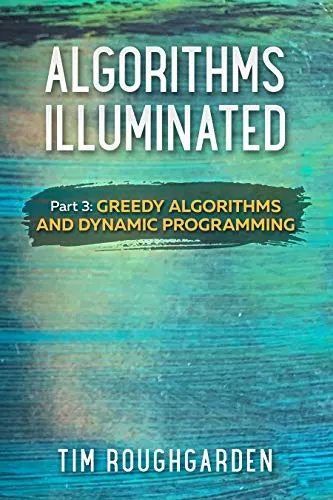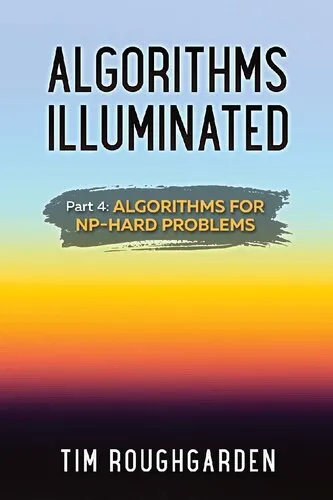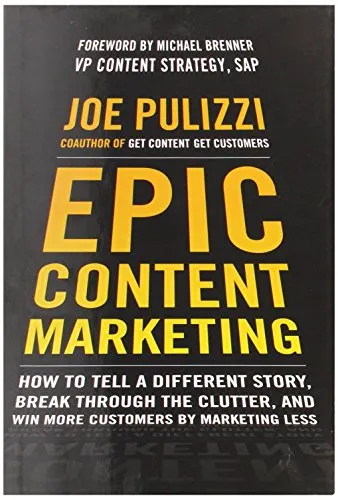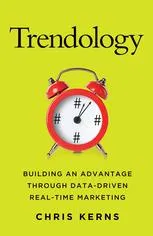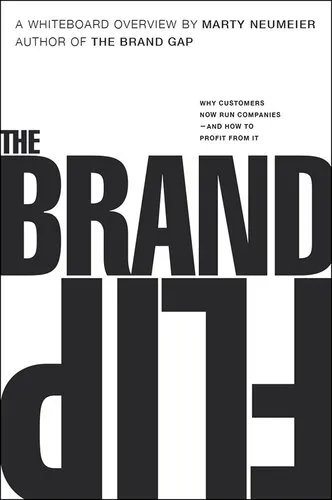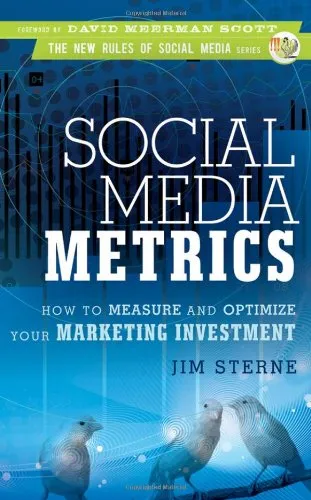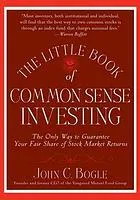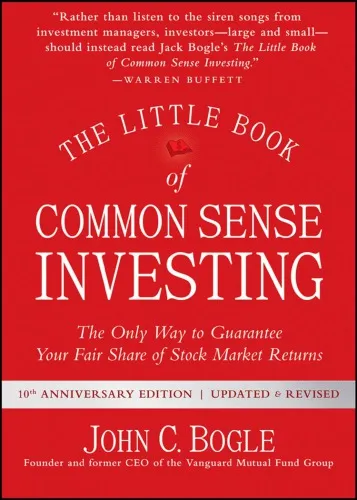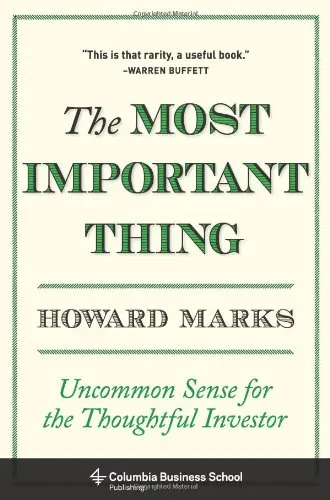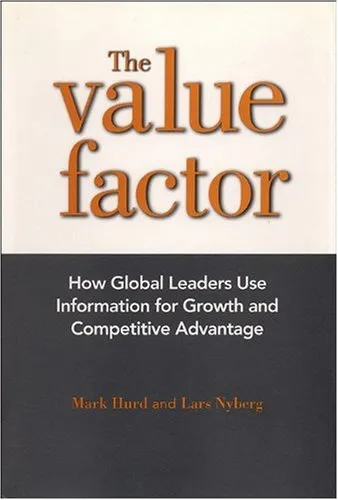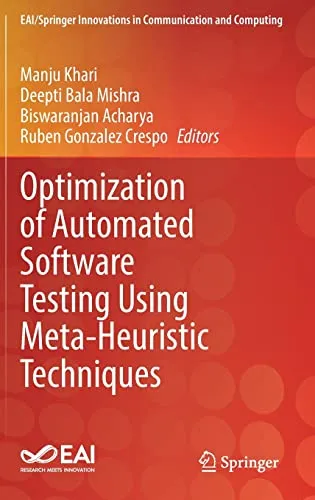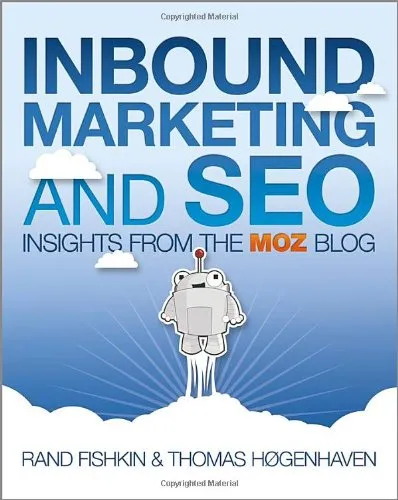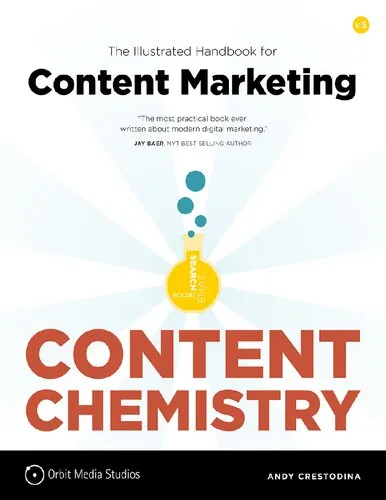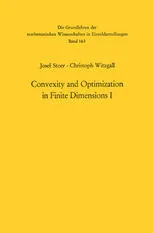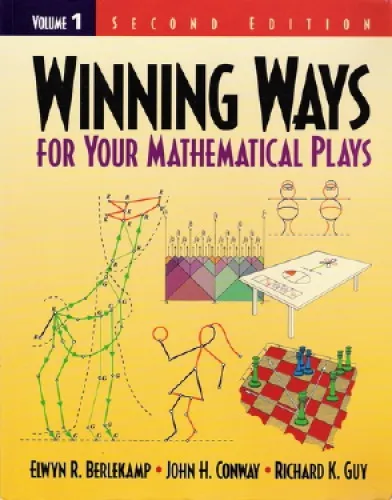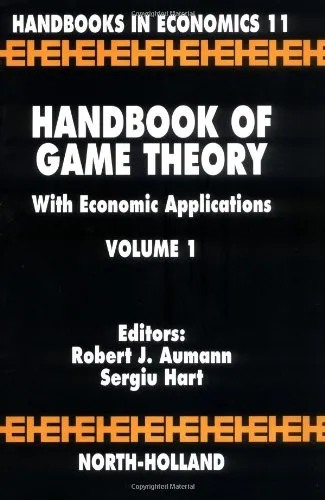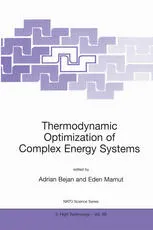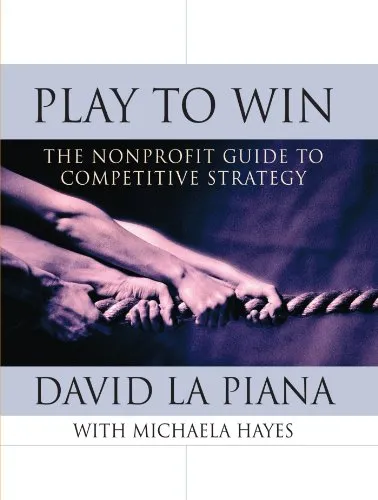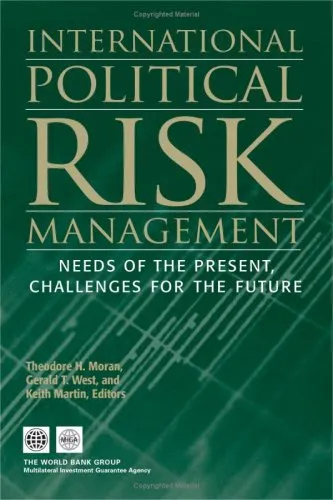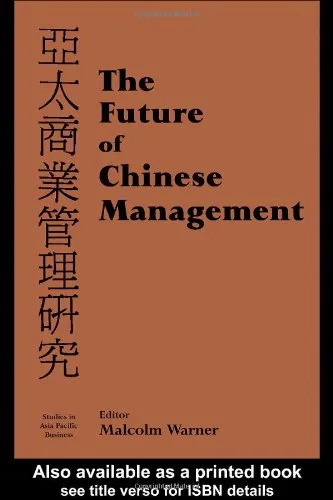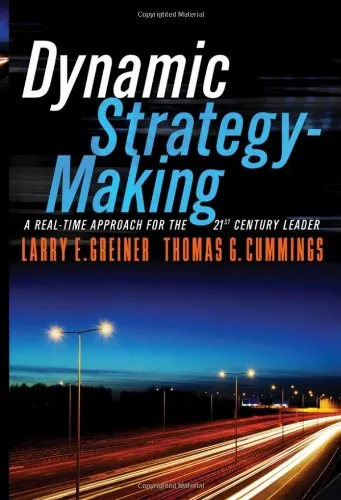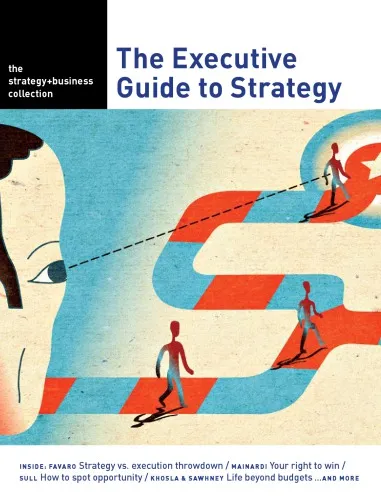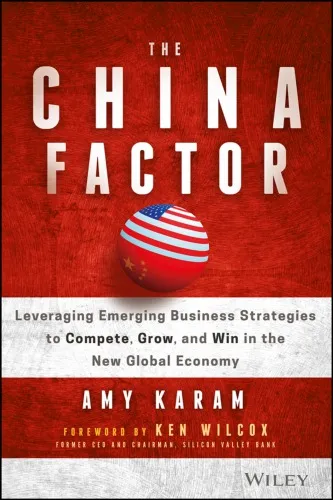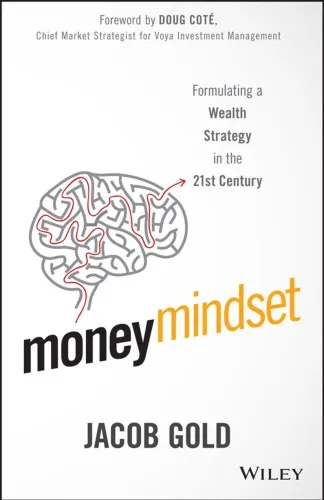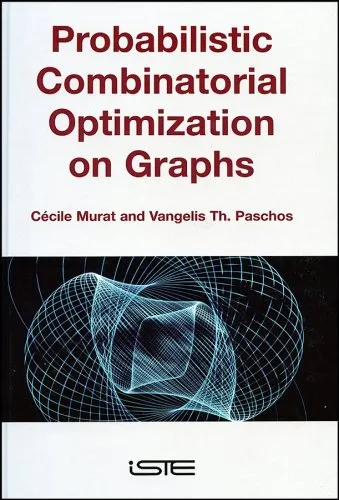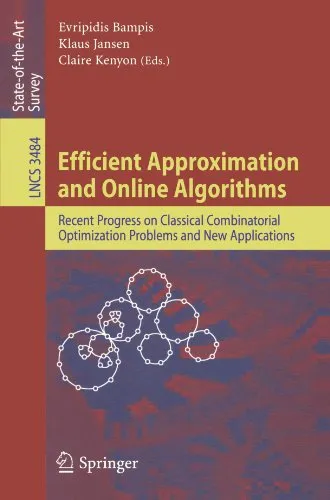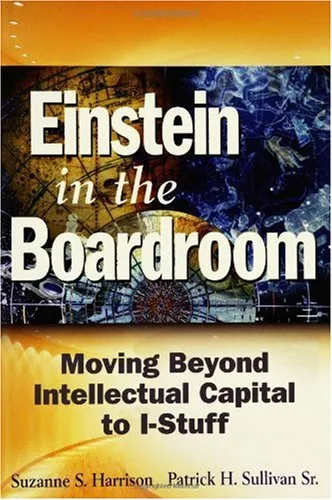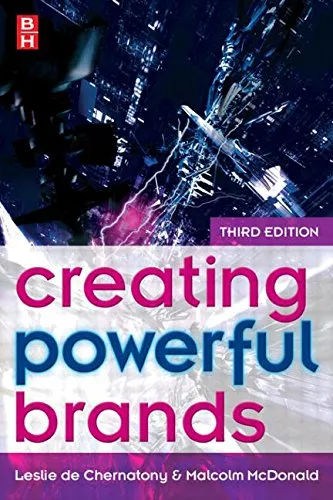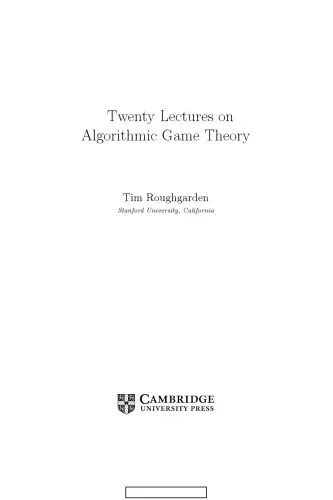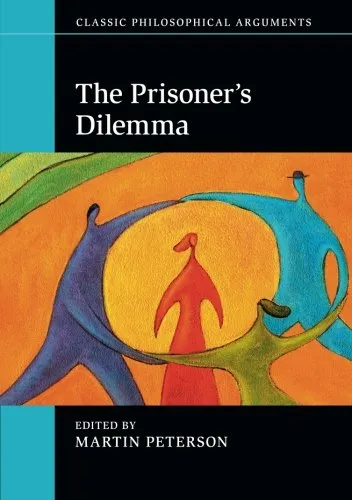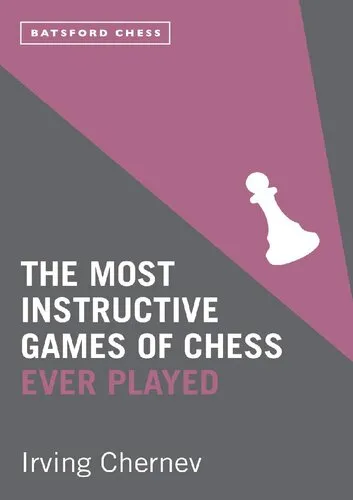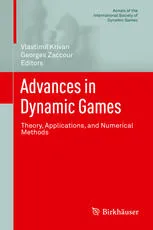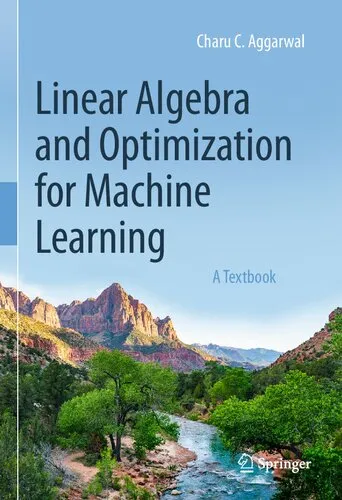Pareto optimality, game theory and equilibria
4.5
Reviews from our users

You Can Ask your questions from this book's AI after Login
Each download or ask from book AI costs 2 points. To earn more free points, please visit the Points Guide Page and complete some valuable actions.Related Refrences:
Introduction to "Pareto Optimality, Game Theory, and Equilibria"
Welcome to an in-depth exploration of the fascinating fields of Pareto optimality, game theory, and the intricate dynamics of equilibria. This book serves as an essential resource for researchers, academics, and practitioners who seek a comprehensive understanding of these interconnected concepts. Authored by Hoang Tuy, Altannar Chinchuluun, Panos M. Pardalos, Athanasios Migdalas, and Leonidas Pitsoulis, this work delves deep into the mathematical principles and the real-world applications of decision theory. The diverse insights and interdisciplinary approach make this book unique in combining theoretical rigor with practical relevance.
Detailed Summary of the Book
The book is a collection of significant studies that focus on Pareto optimality, game theory, and equilibria. It explores how these concepts are used to solve decision-making problems across various domains like economics, engineering, management sciences, and social systems. The contributors provide a nuanced understanding of critical principles, ranging from multi-objective optimization to Nash equilibria and cooperative/non-cooperative game theory.
The text begins with fundamental theories of Pareto optimality, unpacking its relation to resource allocation and social choice. Next, it proceeds with robust methodologies in game theory, including explicit strategies for decision-making under uncertainty. The notion of equilibrium is rigorously analyzed, including Nash equilibrium, evolutionary game dynamics, and refinements like correlated equilibria. Through meticulously designed chapters, the book distills both the beauty and complexity of collaborative and competitive scenarios. Whether the readers are interested in theoretical abstractions or applied frameworks, this book serves as a rich repository of knowledge.
The book’s relevance isn't just limited to academic circles; it also extends to industries where competitive strategies and efficiency maximization converge, such as finance, supply chain management, and policy-making. By amalgamating these concepts, the book provides a unique lens for understanding decision science as both a mathematical tool and a philosophy.
Key Takeaways
- A thorough breakdown of Pareto efficiency and its role in resource optimization.
- Comprehensive coverage of cooperative and non-cooperative game theory models.
- In-depth exploration of various types of equilibria, including Nash equilibrium and its refinements.
- Practical applications in economics, policy formulation, engineering, and management sciences.
- An interdisciplinary approach that integrates mathematics with real-world problem-solving.
Famous Quotes from the Book
“A decision that is optimal for one individual or group can ripple across and create inefficiencies elsewhere. Pareto efficiency, while ideal, must always be interpreted with caution regarding fairness and equity.”
“Game theory investigates not just the outcomes of decisions but also the motivations, incentives, and possible strategies behind them. It reveals the human side of mathematics.”
“The balance of equilibrium in decision-making mirrors nature’s principle of balance. It can be stable, dynamic, or fleeting, but understanding it is crucial to designing systems that endure.”
Why This Book Matters
In a world driven by complex decision-making processes, understanding Pareto optimality, game theory, and equilibria is more important than ever. This book equips readers with the tools to dissect and solve multi-faceted problems systematically while keeping ethical and social considerations in perspective. The interrelation of these concepts allows decision-makers to optimize strategies in contexts ranging from competition and cooperation to negotiation and trade-offs.
Moreover, the editors have painstakingly brought together incredible contributors who uphold a high level of academic and practical expertise. By bridging the gap between mathematical abstraction and real-world application, the book is equally valuable to scholars and industry professionals. Its interdisciplinary focus demonstrates how mathematics can guide policymaking, optimize industrial processes, and resolve societal conflicts.
Whether you are a researcher looking to deepen your theoretical understanding or a practitioner applying these principles in real-world scenarios, this book will broaden your intellectual horizons and equip you with actionable insights.
In conclusion, "Pareto Optimality, Game Theory, and Equilibria" is not just a scholarly text; it is a guide to navigating the complexities of decision science in an ever-changing world. Its relevance, depth, and accessibility make it a must-read for anyone intrigued by the intersection of mathematics, economics, and human behavior.
Free Direct Download
You Can Download this book after Login
Accessing books through legal platforms and public libraries not only supports the rights of authors and publishers but also contributes to the sustainability of reading culture. Before downloading, please take a moment to consider these options.
Find this book on other platforms:
WorldCat helps you find books in libraries worldwide.
See ratings, reviews, and discussions on Goodreads.
Find and buy rare or used books on AbeBooks.
1499
بازدید4.5
امتیاز0
نظر98%
رضایتReviews:
4.5
Based on 0 users review
Questions & Answers
Ask questions about this book or help others by answering
No questions yet. Be the first to ask!
